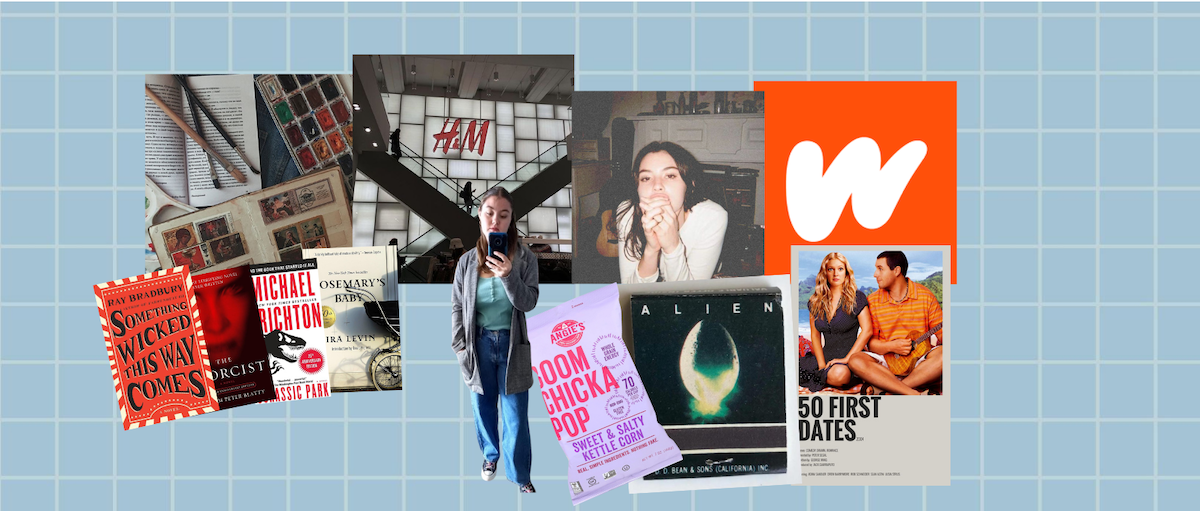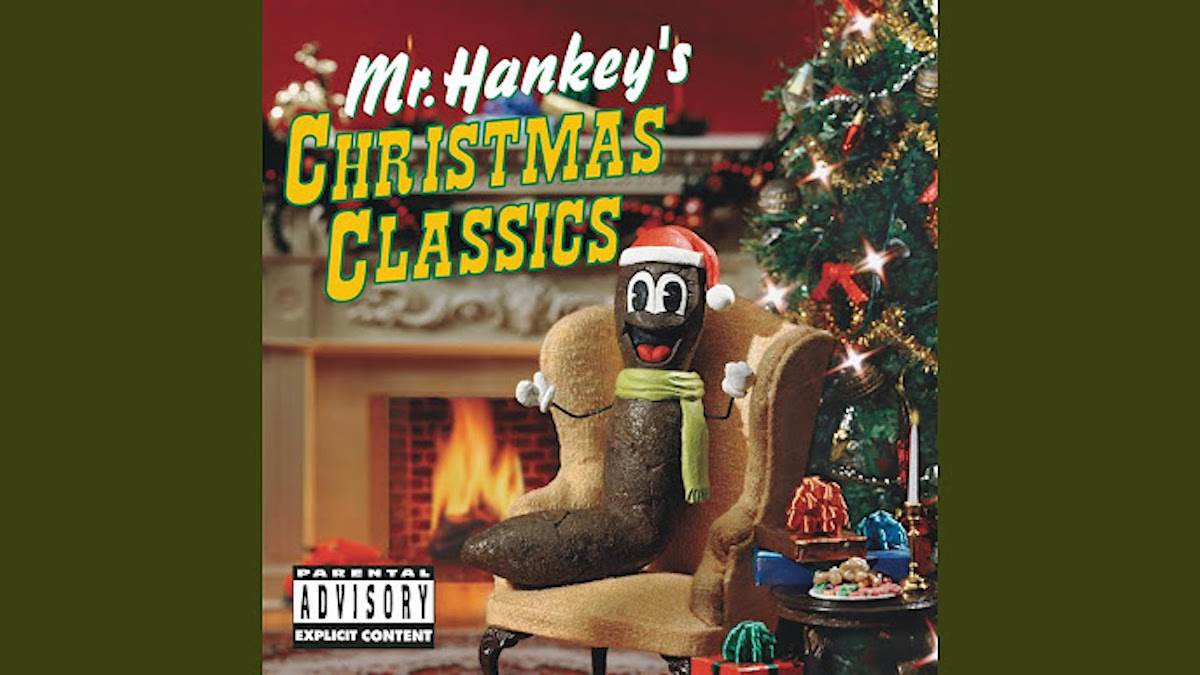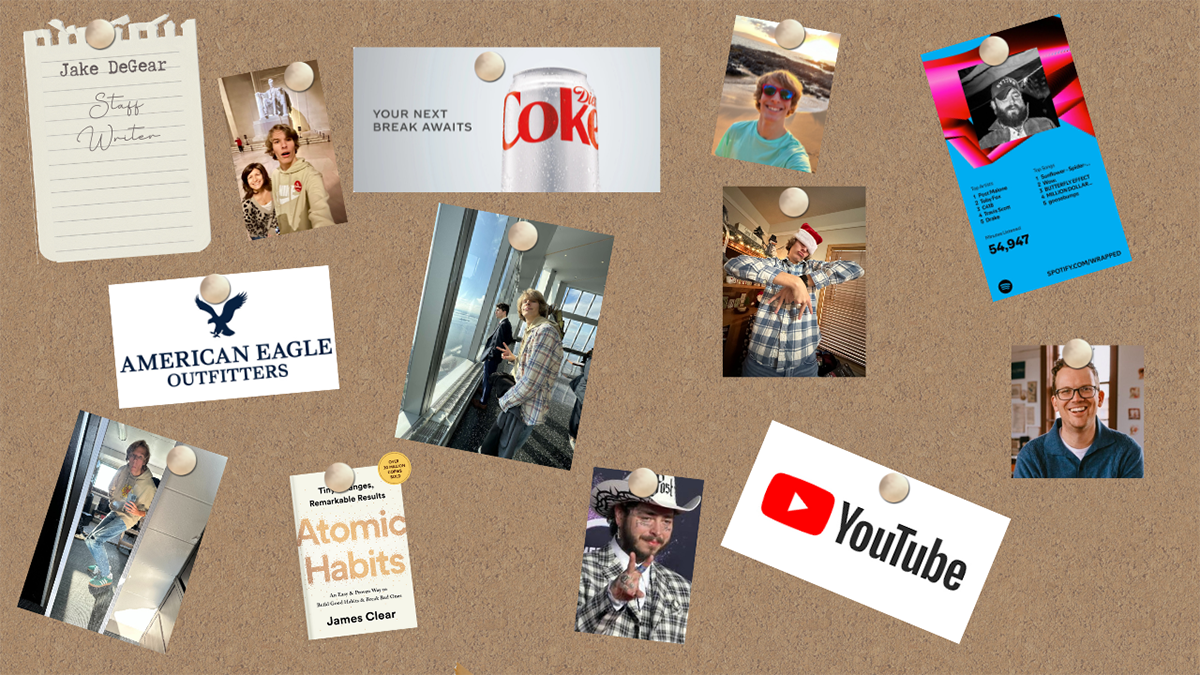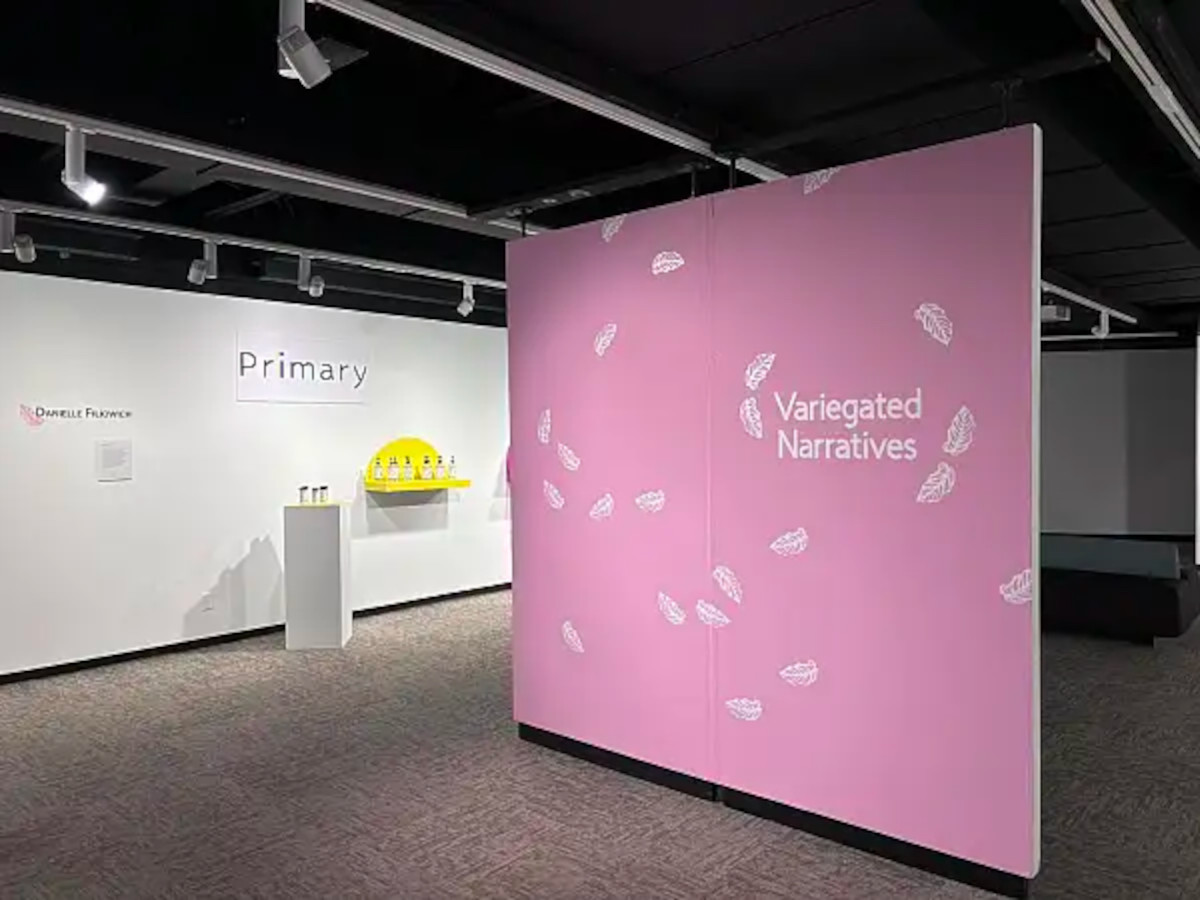Managing Editor Thom Fountain is filled with equal amounts pure, molten rage and sunny, good times. Those traits are put to the ultimate test as he gives today’s most pressing arts news either a “Thom’s Up” or a “Thom’s Down.” I’ve seen Thom become a Millionaire Tycoon in the Game of Life so I wouldn’t want to get a “Thom’s Down” if I were you.
THOM’S UP :
National Public Radio
National Public Radio is historically most known for two things: monotone news anchors and Car Talk. Luckily for our car speakers, though, NPR has grown into much more than the station your grandmother listens to in her champagne-colored Oldsmobile.
In the last few years, NPR has become one of the most hip and happening sources for news and music nationally. Programs like “This American Life,” where host Ira Glass curates a collection of personal narratives; “All Songs Considered,” which focuses on independent music; and “Radio Lab,” which breaks down scientific data into easy to understand facts and stories, contribute to NPR’s growing appeal to young listeners.
This revival is important on a larger scale. With most of the media industry struggling to maintain consumers, NPR is showing that finding a market and producing quality programming works. People tune in or log on to NPR because they’re doing a nice job. It’s not flashy or on the cusp of new innovations (though they do have some of the strongest social media presence of any national news organization). It’s simply really solid journalism telling really compelling stories.
The fact that NPR is a non-profit doesn’t hurt their cause. According to a 2009 Washington Post article, donations were actually on the rise in the height of the recession, while news companies were struggling to sell advertising.
There’s also just something nice about supporting an organization that isn’t an evil corporation.
Speaking of which…
THOM’S DOWN:
The RIAA
You don’t know what the RIAA is? Alright, well you know that mustachioed villain in Rocky and Bullwinkle who tied damsels to train tracks? And remember how, well, slow Yogi Bear was? Yeah, that’s the RIAA.
To break it down a bit more, the RIAA stands for the Recording Industry Association of America. They represent the major American record labels including Atlantic, Sony-BMG, Capitol, Warner Bros., and a few more. They really hate people who pirate music, which is understandable. They also hate common sense, which isn’t.
The latest and greatest offense to sense for the RIAA was some dealings with Google. The record companies struck a deal with the Internet giant that removed some of their biggest enemies from Google’s auto-complete function. These included “bit-torrent,” “Pirate Bay,” “Megaupload” and “RapidShare,” all of which are websites that often provide free (and illegal) downloads of songs and
whole albums.
Now, there are a few problems with this. First and foremost, none of these sites are in existence to screw over the record companies. Yes, people use their sites for illegal purposes, but the sites themselves are not.
Bit-Torrent is a legitimate San Francisco company that is actually used by a lot of academics to share research findings. RapidShare and Megaupload are used by bands who want people to have their music for free legally, and by me when I want to have a file I can open from any computer.
There is nothing illegal with these companies, simply some of the users who find them.
Besides the evil parts of this fiasco, the RIAA is really coming out of this PR disaster looking like a bunch of slack-jawed yokels. This agreement is not taking these words out of the Google search engine. If you search for “Lady Gaga RapidShare” you can still find a free download at the top of the list.
This does nothing to prevent pirating music. All it does is demonstrate, once again, the waste of space that is the RIAA.






